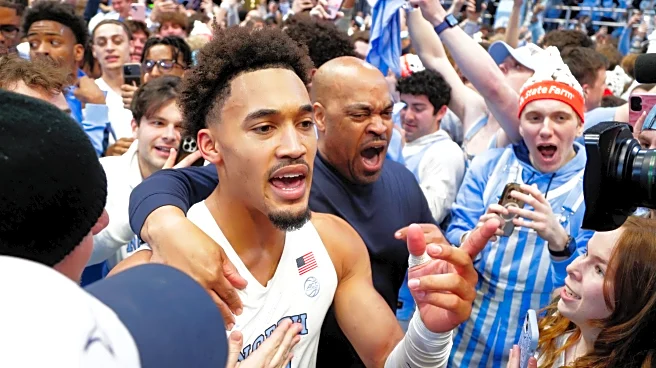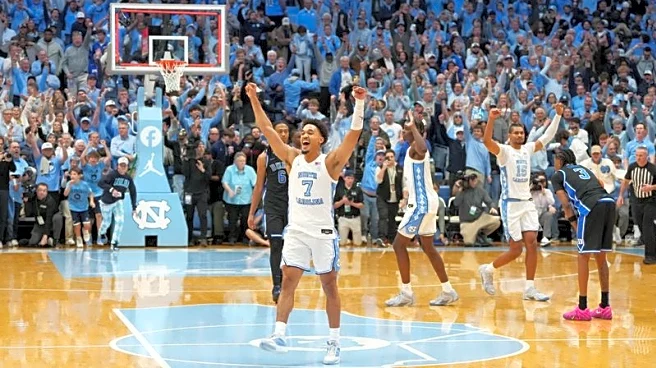Rapid Read • 8 min read
Tony Robbins, a well-known motivational speaker, has initiated legal action against YesChat, accusing the company of using his name and reputation without authorization for a series of AI chatbots. These bots, named Talk to Tony Robbins, Tony Robbins GPT, and Tony Robbins Español GPT, allegedly utilize Robbins' seminars and other copyrighted content, reselling it under his trademarked name. The lawsuit, filed in federal court in San Diego, claims federal trademark and false advertising violations, as well as a breach of California’s right of publicity law. Robbins is seeking at least $10 million in compensatory damages for unfair competition, $2 million for each trademark violation, and punitive damages for what he describes as 'willful and malicious misconduct.' The case is notable as it represents a rare instance of a public figure suing over a GPT chatbot replica.
AD
This lawsuit highlights the growing legal challenges surrounding the use of AI technology, particularly in relation to intellectual property and personal rights. As AI models increasingly mimic public figures, the boundaries of fair use and trademark infringement are being tested. The outcome of Robbins' lawsuit could set a precedent for how similar cases are handled in the future, impacting both AI developers and public figures. If successful, Robbins' case may encourage other celebrities to pursue legal action against unauthorized use of their personas, potentially leading to stricter regulations and guidelines for AI-generated content.
The companies behind YesChat, InnoLeap and Mira Muse, have yet to respond to the lawsuit. The legal proceedings will likely explore the extent to which AI models can replicate and monetize the likeness of public figures without consent. Depending on the court's decision, there could be significant implications for AI companies regarding the use of copyrighted material and personal likenesses. Observers in the tech and legal communities will be watching closely to see if this case influences future legislation or industry standards.
The ethical implications of AI technology are becoming increasingly prominent as more cases like Robbins' emerge. The ability of AI to replicate human personas raises questions about privacy, consent, and the commercialization of personal identity. This case may prompt broader discussions about the ethical use of AI and the responsibilities of developers in protecting individual rights.
AD
More Stories You Might Enjoy












